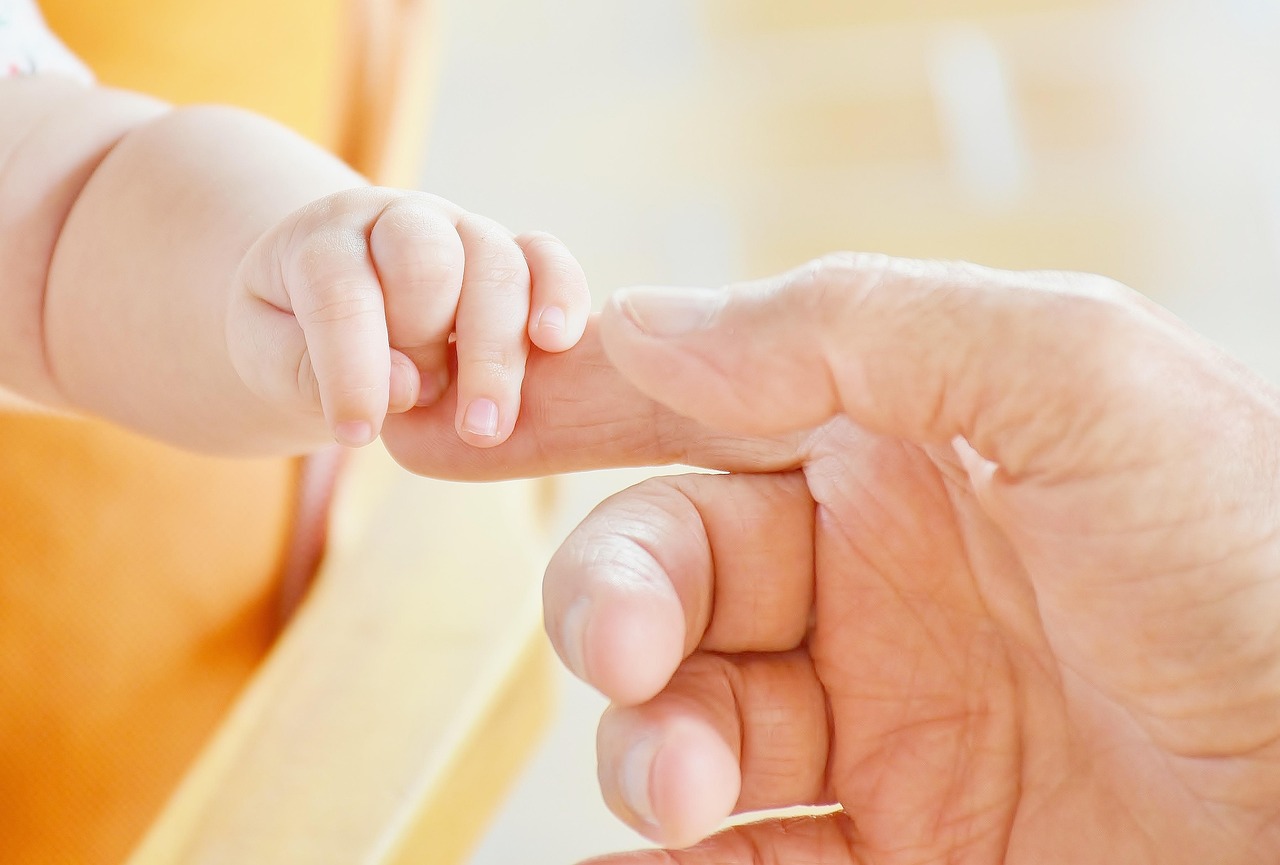Members of Generation Beta have been born since 1 January 2025—at least according to English-language media that reference demographers and sociologists. This categorisation is also widely used in Germany. Generation Beta is the next age cohort, expected to last roughly until 2040. Their predecessors were members of Generation Alpha and Generation Z (often simply referred to as Gen Z). But how serious and meaningful are such labels?
“They are more like popular-science categories,” said Rüdiger Maas, a generational researcher and author of the book Konflikt der Generationen (Conflict of Generations). Sociologist and youth researcher Klaus Hurrelmann adds: “These categorisations have become very common both in the fields of marketing and advertising, as well as in the academic world.”
Baby boomers and millennials
Approximately every 15 years, a new generation emerges on the scene. Generation X, also known as the “Golf Generation”, came after the large and confident baby boom between 1965 and 1979. This generation was characterised by periods of high unemployment. Then came Generation Y, also known as millennials. They were born between 1980 and 1994, or, depending on the classification, up until the late 1990s. Unlike previous generations, they did not experience the East-West conflict in their youth, but they did live through the terrorist attacks of 11 September 2001 and the financial crisis.
People born between 1995 and 2010 belong to Generation Z, which has been making headlines frequently in recent years—among other reasons, because they are said to lack the so-called “good German work ethic.”
This kind of division is, of course, somewhat arbitrary. Children born on 1 January are not fundamentally different from those born at the end of 2024. “It’s more like a zodiac sign,” says Maas. Sometimes, certain phenomena are associated with an age group that are not actually characteristic of the generation as a whole. According to Maas, this includes claims that Generation Z strongly identifies with the climate movement Fridays for Future and the topic of sustainability. A study by his Institute for Generational Research showed that only about 15% of young people actually identify with these themes.
Are today’s teenagers the generation of the coronavirus pandemic?
“The basic idea of age cohorts is credible,” says Hurrelmann. “Wars, upheavals, and technological innovations leave marks on people’s personalities. This is especially true during adolescence, when individuals are shaped for life. Of course, everyone is unique, but there are also many similarities.” For example, individuals who were in their teens around 2020 were strongly influenced by the coronavirus pandemic.
Generational differences certainly exist. You can see them in everyday situations. Older people tend to ring the doorbell instead of sending a WhatsApp message like “I’m downstairs.” It’s something they find very important. And they also often prefer making phone calls over sending voice messages.
“Studies show that it leads to significant insecurity. One could almost say it’s a ‘coronavirus pandemic generation’,” says the researcher. However, it’s also important to point out that not everyone shares the same experiences: “There’s a huge difference between having gone through the pandemic in a stable household where the parents had good incomes and could work from home, versus being a child of parents who faced economic hardship and had a really tough time. These differences are easily masked by clichéd generational labelling,” says Hurrelmann.
Will Gen Beta be the generation of artificial intelligence?
“We can talk about a new generation whenever living conditions change significantly,” Mass says. For example, the well-known Generation Z, which includes individuals born roughly between 1995 and 2010, is the first generation to grow up with social media, for whom cyberspace is a completely natural environment. The consequences of this development can hardly be overstated.
“Members of Gen Z touch their smartphones around 4,000–5,000 times a day and unlock them several hundred times,” explains Maas. “You could say that never before in human history has any object been picked up and used so frequently.”
Maas expects that people born after 1 January of this year, referred to as “Generation Beta,” will be even more digitalised and, above all, influenced by artificial intelligence. “Most of them will work in jobs that don’t even exist today. They will enter a labour market where they have no experience and no one to train them because they will be the first.” Moreover, it is a world where it is increasingly difficult to know which information can be trusted. What is truly real, what is generated by artificial intelligence—and what is not? Maas is convinced, that “the reality of life for today’s children will not be easier and more comfortable because of artificial intelligence. On the contrary, it will be much more complex and demanding.”
Hurrelmann believes that not much can be said with certainty about Generation Beta yet—except one thing: it will likely be a relatively small generation because birth rates are currently declining. “Even in the most recent parliamentary elections, 60% of eligible voters were aged 50 and over. Generation Beta will not change that.”
Source: absatzwirtschaft.de

